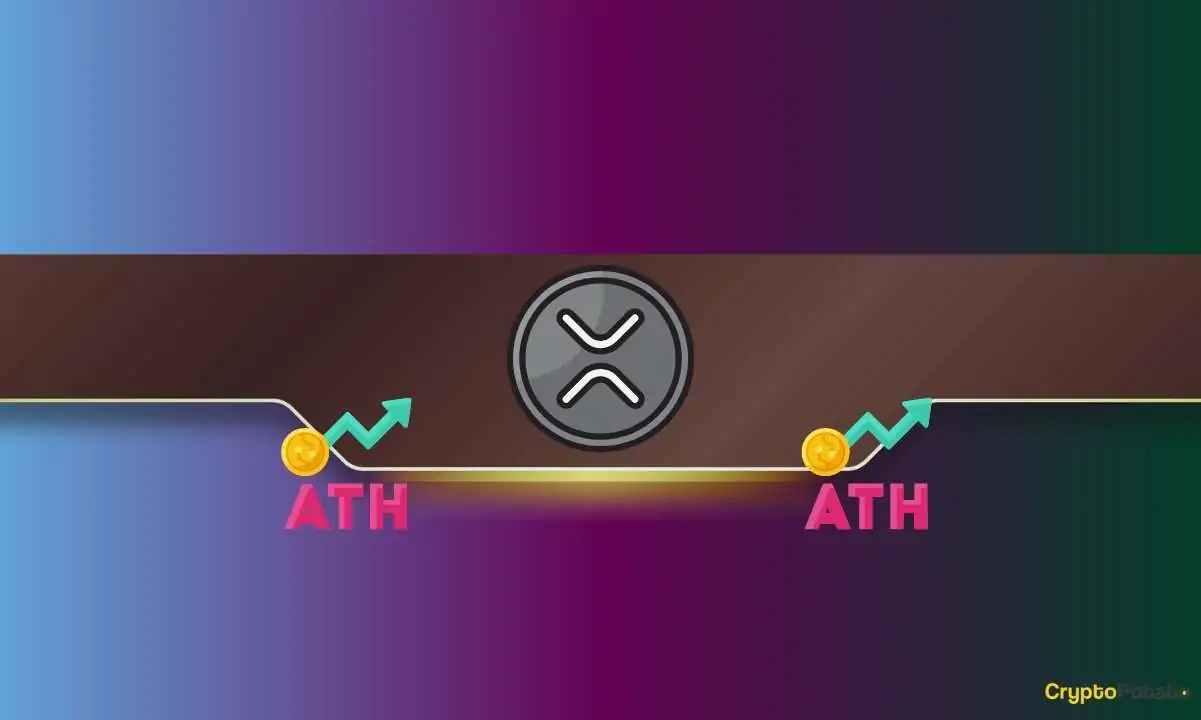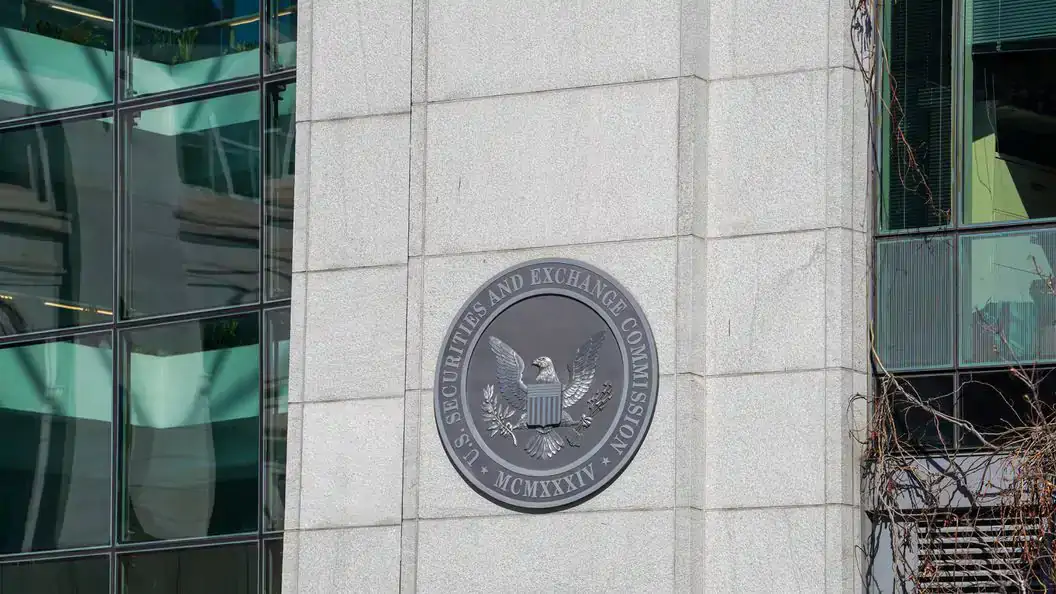Kraken, one of the most popular crypto exchanges in the U.S., reportedly has plans to launch its own bank. The news comes amid a challenging regulatory environment.
Kraken’s Chief Legal Officer, Marco Santori, said, “Kraken Bank is on track to launch, very soon.”
Heard you are launching a bank from @Crypto_Crib_ is that true???
— Wayne (@sandeepbrwayne) March 6, 2023
The development comes amid a tumultuous time for the crypto sector, which is still dealing with the far-reaching fallout from the collapse of crypto exchange FTX. There have been several enforcement actions over the last few weeks, increasing uncertainty in the regulatory area, particularly in the U.S.
Kraken Under Increasing Scrutiny
The company has recently come under the Securities and Exchange Commission (SEC) radar with the regulator looking at whether the exchange offered unregistered securities to American clients.
Securities are considered higher risk because they are not subject to the same level of regulatory oversight as other financial instruments. Dave Ripley, the new CEO at Kraken, declined to register with the SEC despite calls from chairman Gary Gensler do so. , the largest crypto exchange, has also repercussions for trading unregistered securities.
The exchange declined to discuss the SEC settlement, but said that staking had been a small percentage of its revenue. Kraken neither admits nor denies any of the allegations in the complaint.
March 1, Kraken announced it would no longer be using the crypto-focused Signature Bank. Kraken non-corporate clients will no longer be able to deposit or withdraw U.S. dollars using Signature. The deposit feature will be removed on March 15th and the withdrawal feature will end on March 30th.
Kraken is currently the third largest crypto exchange by volume on CoinMarketCap. The ongoing probe from regulators is not a good look for the industry. Kraken recently settled with the Office of Foreign Assets Control (OFAC) over sanctions violations and paid $362,000.



 BlocksInform
BlocksInform










